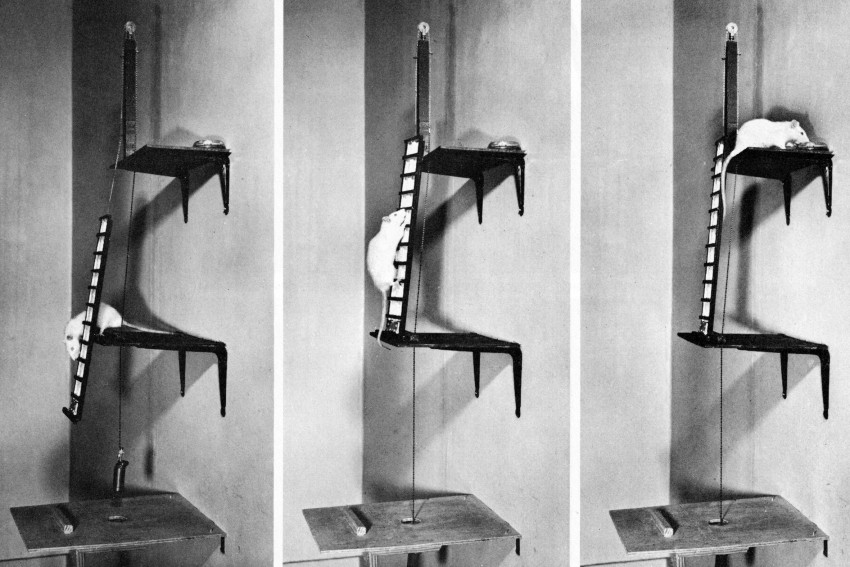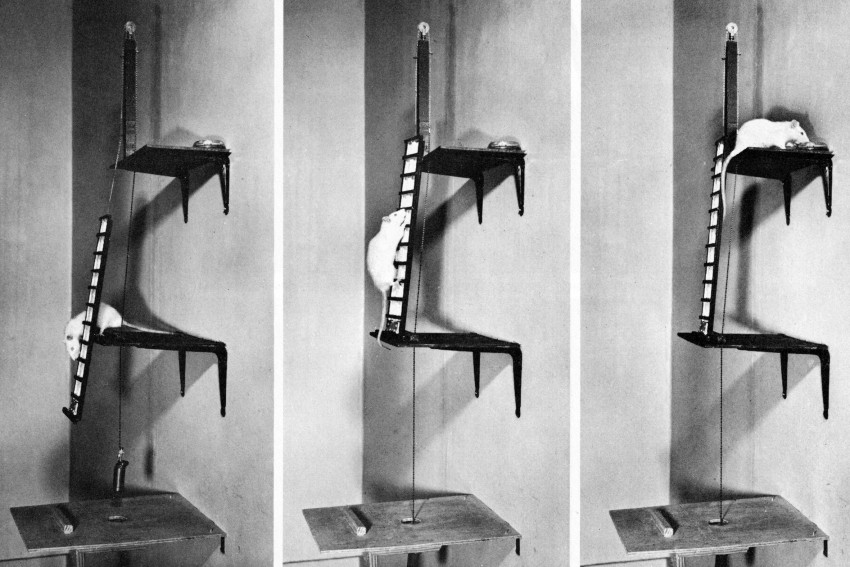“The story is, that Leontius, the son of Aglaion, coming up one day under the Piraeus, under the north wall on the outside, observed some dead bodies lying on the ground at the place of execution. He felt a desire to see them, and also a dread and abhorrence of them; for a time he struggled and covered his eyes, but at length the desire got the better of him; and forcing them open, he ran up to the dead bodies, saying, Look, ye wretches, take your fill of the fair sight.”
—from Plato’s Republic ♥Add a Tooltip Text
I found a more modernized, readable translation of this same passage on the Harper’s Magazine website in a post titled Plato—Leontius’s Corpses.
“Leontius, the son of Aglaion, was going up from the Piraeus along the outside of the North Wall when he saw some corpses lying at the executioner’s feet. He had an appetite to look at them but at the same time he was disgusted and turned away. For a time he struggled with himself and covered his face, but, finally overpowered by the appetite, he pushed his eyes wide open and rushed towards the corpses, saying, “Look for yourselves, you evil wretches, take your fill of the beautiful sight.”
In a previous post I batted around a psychological theory called Dissonance Theory. (N.B. I found it in a textbook from the 90s and I have no idea if anyone pays attention to this particular theory anymore.) Dissonance theory addresses the fact that a human “psyche” is incapable of holding two opposing, or opposite thoughts at the same time. One of them will have to back down.
The story of Leontius arises from a similar exploration of the rational, constructive self and the irrational impulses and passions which war with it and occasionally (or frequently) override it. From there, Plato rolls out his (or Socrates?) theory of a tripartite soul: reason, appetite, and spirit.
I recently picked up the June 2011 National Geographic, which has been sitting around my house for a year, as these things do. The issue includes an article about child brides in Yemen and Rajasthan. The reporter relays her experiences and reflections in the third person, for example, “We stared miserably at the 5-year-old Rajani as it became clear that the small girl in the T-shirt, padding around barefoot and holding the pink plastic sunglasses someone had given her, was also to be one of the midnight ceremony’s brides.”
I think the journalist is referring to herself and the photographer, also a woman. (By the way, the photos are beautifully done.) But the use of ‘We” creates the effect of a group of horrified observers, privileged women who know better, who have lived better lives with proper education and the right to choose our own spouses, women who can maybe even help these persecuted girls escape their fate. But maybe not. Maybe we will just read about it and feel sad and sorry and helpless and confused. And guilty and angry and sad and sorry. And. It’s pretty graphic.
In the Harper’s Archive, the Leontius passage from The Republic is linked to the failed coup of a Haitian political strategist. I am going to tie it to another previous post, in which We Find A Grimmer Reality.
“Look for yourselves, you evil wretches.”


